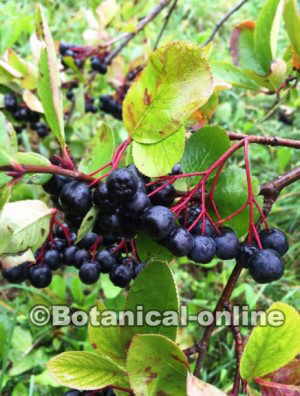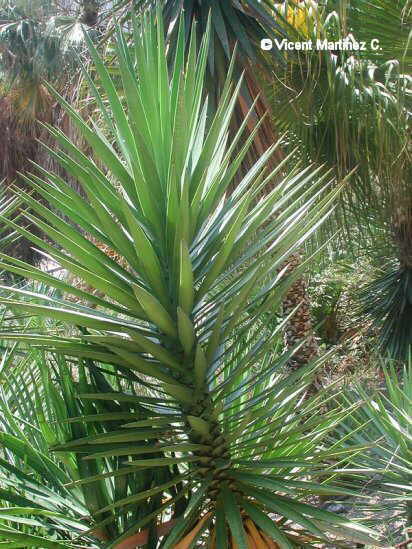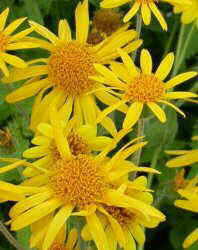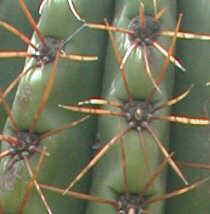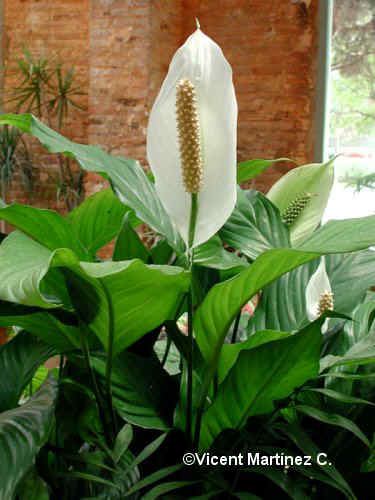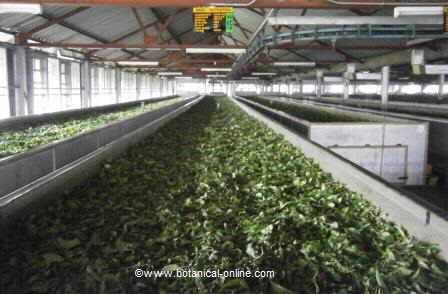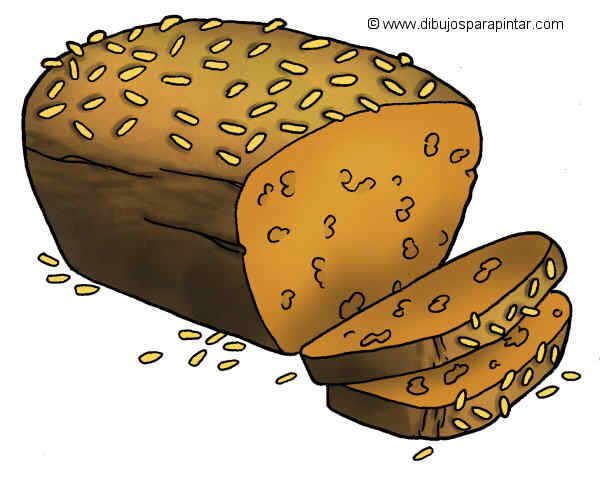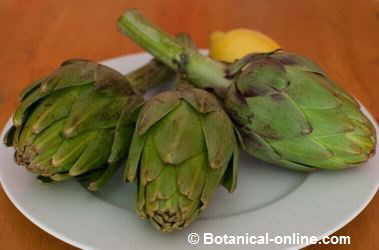Contents
Dangers of fava beans
Are fava beans toxic?
No, fava beans or broad beans (Vicia faba) are edible vegetables consumed in the diet for millennia. Fava bean seeds are non-toxic when properly prepared and consumed:
Like many legumes, fava beans have components known as antinutrients, which inhibit or prevent assimilation of nutrients. They decrease digestibility of proteins and carbohydrates and diminish the absorption of minerals. Among the antinutrients, there are substances like saponins, inhibitors of protease, amylase inhibitors, phytates, etc.
However, anti-nutrients of fava beans are non-toxic if consumed in food doses, although they reduce the nutritional value of food, preventing the digestion of proteins and carbohydrates, and can causing bloating, flatulence, stomach pain, diarrhea, etc. Anti-nutrients are removed through when soaking and cooking beans.
An incomplete cooking of fava beans can cause mild intestinal symptoms.
If fava beans cause intestinal discomfort, you should stop eating them and see a doctor to rule out favism.
Favism, intolerance disease to fava beans
People with favism may have seizures if they consume milk fed on beans cows.
Fava beans can be very toxic to some people who have a disease called favism. It is a food intolerance to beans produced by a genetic disorder. Because of lack of an enzyme, certain components of faba beans can not be decomposed . They are toxic and cause breakage of the blood cells.
The enzyme glucose-6-phosphate dehydrogenase (G6PD) is responsible for breaking down certain toxic found in beans (especially on broad beans). Toxic amines convicine and vicine are degraded in the gut into isouramil and divicine. When these amines can not be metabolized, they are toxic and cause a breakdown of red blood cells (hemolytic anemia).
People with favism may experience allergy-like symptoms after 48 hours after ingestion of this food, or by exposure to pollen of the plant (then the symptoms usually appear within 8 hours).
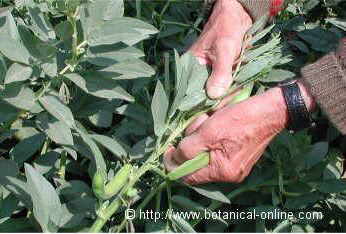
What are the consequences of eating fava beans in people with favism?
Favism produces neurological disorders, dizziness, headache, abdominal pain, fever, and can result in complications such as splenomegaly and hepatomegaly (enlargement of the spleen and liver, respectively), increased bile in the blood (hyperbilirubinemia), jaundice, etc.
The varieties Vicia faba var. equine and var. angustifolia are the richest in these toxic amines and they are normally responsible for the most serious symptoms, but they are typically used for animal feed and not human.
* More information: favism
Fava beans precautions in children and babies
Fava beans are not suitable for babies because they can cause allergy.
Children should not eat legumes till 13 months to prevent allergies. Lengthy soaking and cooking is recommended. (Adults must be vigilant to see their body’s reactions in case they suffer from favism. (this disease has a genetic inheritance, but is not necessarily manifested in parents).
Fava beans can be a very flatulent food for children, so it is recommended to introduce them in very small amounts, mixed with potatoes, carrots or rice. In addition, to prevent choking, They should be crushed before being served..
![]() More information on fava beans.
More information on fava beans.

